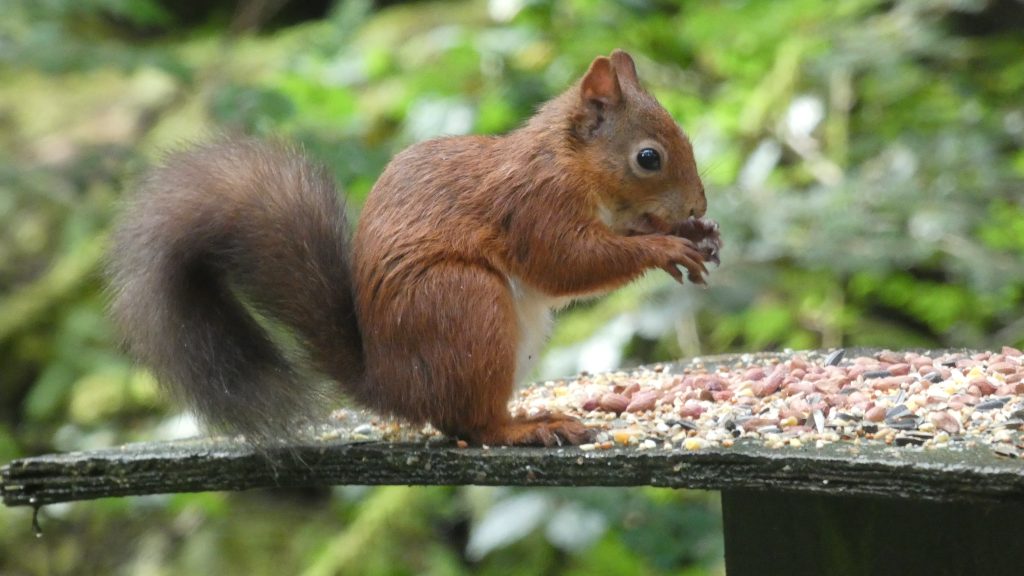Pine martens are an important part of the UK ecosystem. Indeed, it is only through their absence that the grey squirrel was able to get a foothold. Might this pine marten group return to save the red squirrel and remove the grey?
This video was filmed a few months ago
Pine martens are very good for the UK. It is the reason that red squirrels are so acrobatic – it is the only way to avoid this arboreal predator.
It is not thought that this population can be large, but its size is being studied.
If they are given the space to survive and thrive (it is probably necessary to translocate a few more) they could be really good for the forest.
Grey squirrels only arrived in the new forest in 1940s, and if this arboreal predator gets fully re-established, it is likely that the grey squirrel will disappear once again. This would then allow the return of the red squirrel. There is a red squirrel colony on Brownsea island, which is likely to benefit from the pine martens return, as they will greatly reduce grey squirrels in the area.













